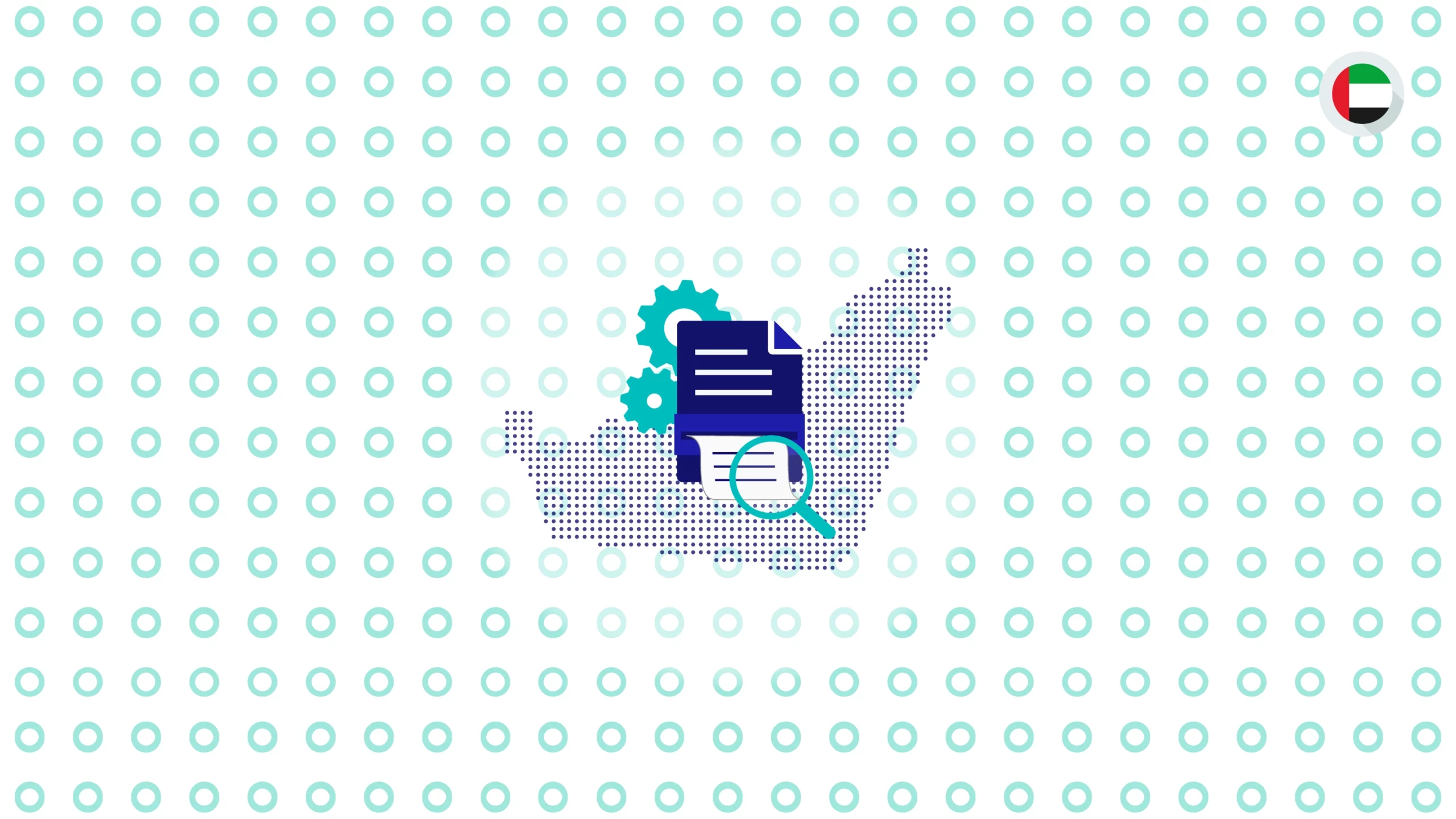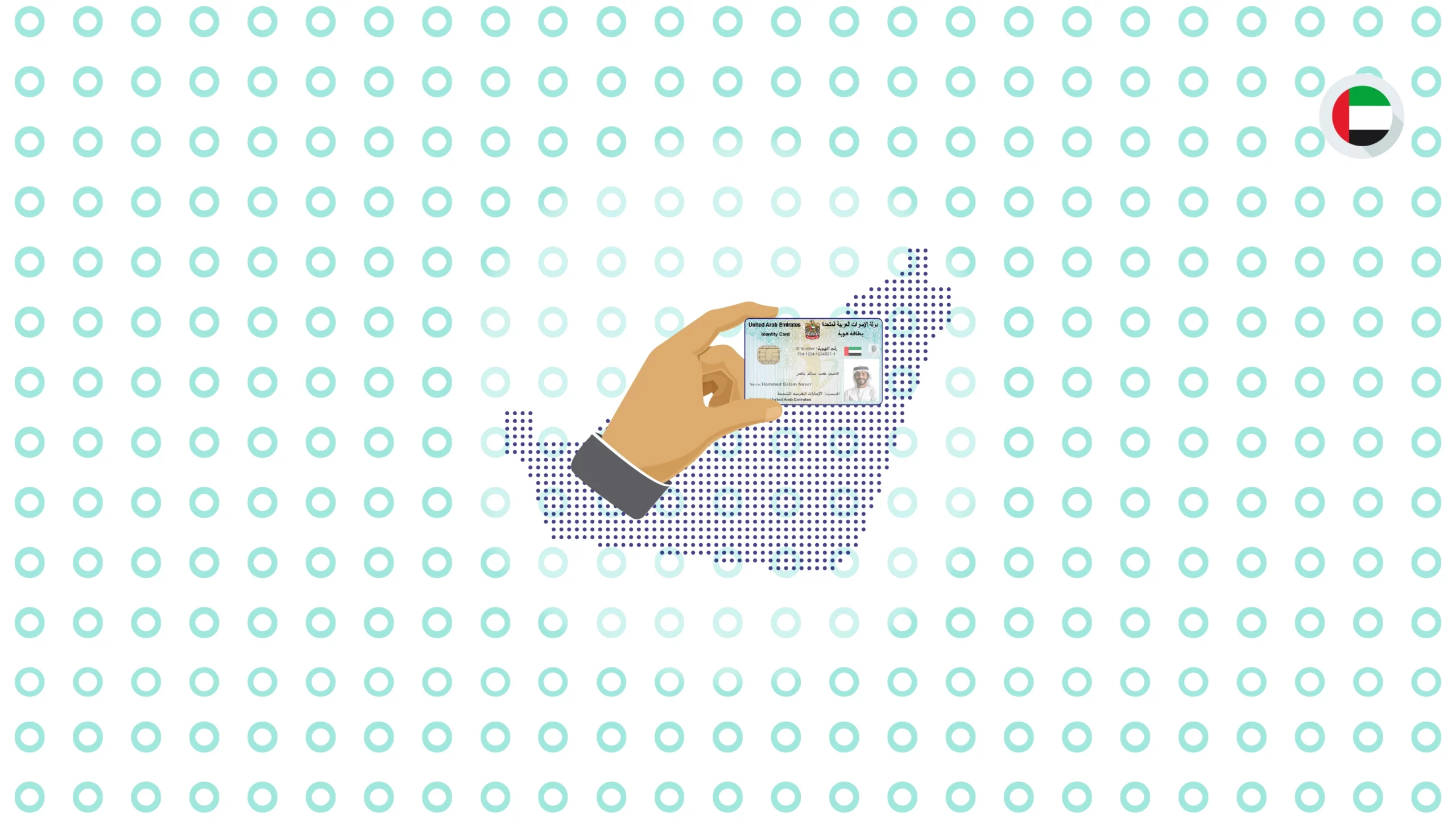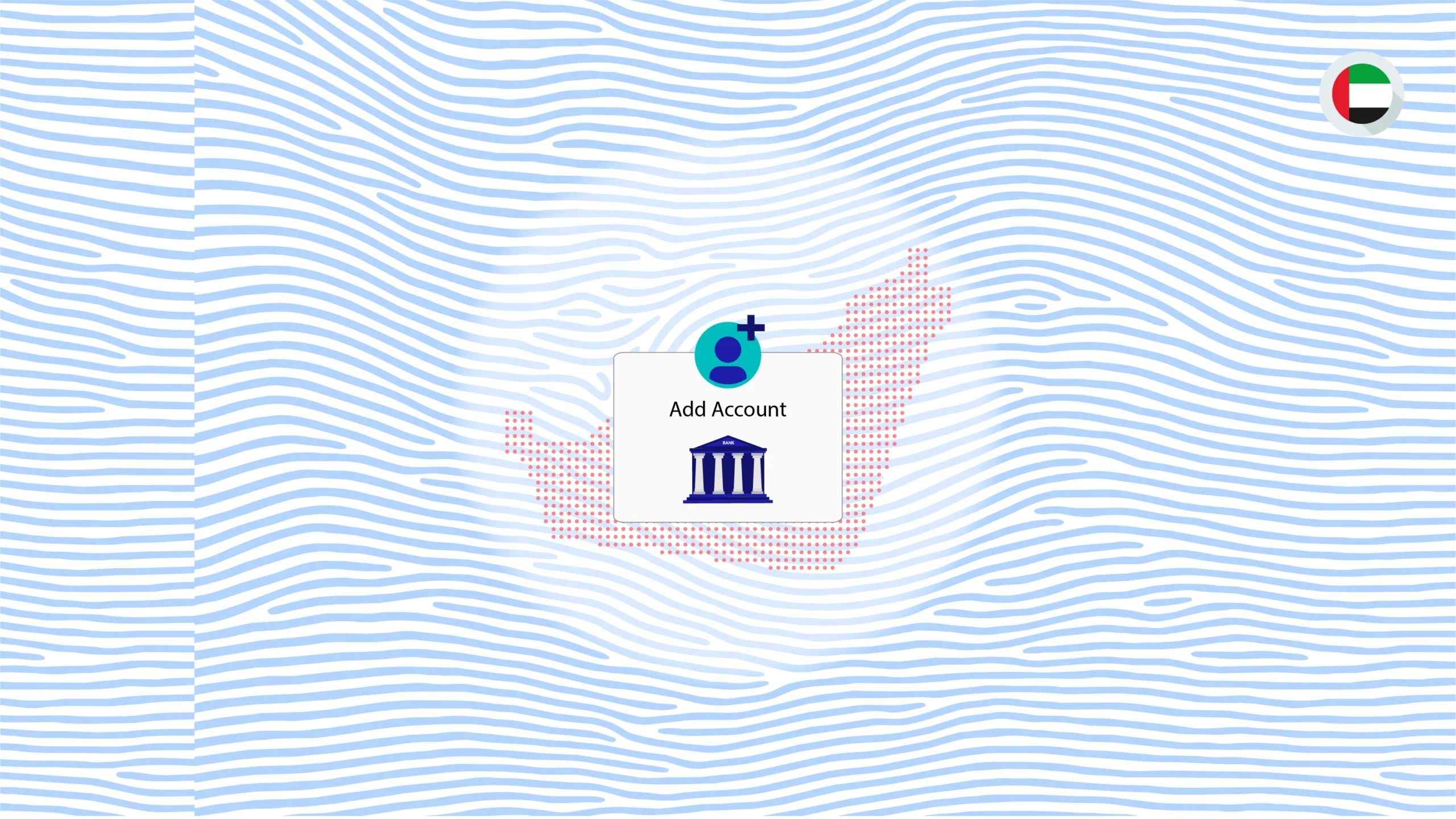How to Conduct Enhanced Due Diligence in UAE: Procedures for All Customer Categories
November 14, 2024
8 minutes read
- 42% of UAE organizations faced increased fraud attempts last year, highlighting why traditional due diligence no longer suffices in current risk landscape.
- Declining conversion rates due to fraud have pushed UAE businesses to seek balanced EDD solutions that protect while enabling growth.
- For the first time in EMEA, digital channels surpassed physical ones in fraud losses – making robust EDD processes crucial for even online business relationships.
Think about it – you’re about to partner with a UAE business that operates across multiple free zones, has investment ties across the world, and manages regional trade worth millions.
Your standard background check won’t reveal the full picture.
It’s precisely why the UAE has developed one of the world’s most sophisticated Enhanced Due Diligence frameworks.
While global businesses rush to apply their standard expansion playbooks in the UAE market, they’re overlooking a critical reality: the UAE has quietly built the world’s most unique business ecosystem, where traditional due diligence playbooks can actually work against you.
Clear your next 7 minutes. That’s all you need to know how to conduct Enhanced Due Diligence for any type of business entity as per UAE official regulations.
Understanding Enhanced Due Diligence in UAE
The UAE’s financial system balances opportunity with responsibility. Enhanced Due Diligence (EDD) stands as the practical solution to this balance. While basic Customer Due Diligence (CDD) might catch obvious risks, the EDD process UAE framework addresses those subtle, complex scenarios that demand deeper scrutiny.
In short – Enhanced Due Diligence (EDD) in the UAE is a critical second line of defense, going beyond standard verification processes.
The Central Bank of UAE has designed specific requirements – documentation, verifications, and monitoring systems that fit the regional context. This creates an EDD process that’s both practical and meaningful.
When is Enhanced Due Diligence Mandatory?
Money flows differently in every market. The UAE regulators understand this reality and have set clear, practical triggers for when standard checks simply aren’t enough:
Financial Thresholds:
- Foreign currency transactions: AED 100,000 or above
- Outward transfers: AED 75,000 or above
- Inward transfers: AED 75,000 or above
High-Risk Categories:
- Politically Exposed Persons (PEPs) and their associates
- Entities from high-risk jurisdictions like from FATF grey list countries
- Complex corporate structures
- Non-resident customers
- Dual-use goods traders
- Companies with adverse media mentions
Core Components of the EDD Process in UAE
The EDD process builds on this principle with three essential elements:
| Component | What to Verify | Key Considerations |
| Enhanced Identity Verification |
|
|
| Source of Funds/Wealth |
|
|
| Business Relationship |
|
|
Entity-Specific Requirements
The EDD process acts differently for different entities. Think of it as having a unique security protocol for each type of visitor to your building – what works for one might not work for another.
Natural Persons
When dealing with individuals, especially in high-risk situations, standard identity checks simply don’t suffice. UAE regulations require a deep understanding of the person’s connections, activities, and risk factors.
This means verifying their UAE residence status through official channels, confirming their physical presence through utility bills or lease agreements, and establishing clear transaction patterns through documented history.
Legal Entities
Corporate structures in the UAE often reflect the region’s complex business relationships. A proper EDD process here means understanding:
- Ultimate Beneficial Ownership (UBO): The focus stays sharp on identifying who truly controls the company (and everyone who holds 25% or more stake). This includes tracking ownership chains through multiple jurisdictions and identifying any politically exposed persons in the structure.
- Group Structure Mapping: Corporate relationships rarely exist in isolation. The EDD process must map out:
- Parent-subsidiary connections
- Sister company relationships
- Joint venture partnerships
- Regional operational presence
- 3. Cross-Border Elements: With UAE’s position as a global business hub, most legal entities maintain international ties. This requires:
- Understanding foreign ownership implications
- Verifying overseas operational legitimacy
- Assessing cross-border transaction patterns
- Evaluating international regulatory compliance
Non-Compliance Costs
The UAE’s regulatory framework takes a serious stance on EDD compliance, and the implications run deep into business operations. Recent regulatory actions have shown that financial penalties, while significant, represent just the beginning of troubles for non-compliant businesses.
When businesses fail to implement proper EDD processes, they face immediate regulatory consequences –
- Fines ranging from AED 100,000 to AED 1,000,000
- Potential imprisonment for serious violations.
- Banking relationships deteriorate
- Restricted services
- International partners grow hesitant to engage.
More concerning is the long-term market impact. Once a business faces compliance issues, rebuilding trust becomes a significant challenge. Banking services restrict access, government contracts become inaccessible, and even basic business expansion faces heightened scrutiny.
Step-by-Step Guide to Conducting EDD
When conducting Enhanced Due Diligence in the UAE, each step requires careful attention and thorough documentation. The UAE’s regulatory framework demands a comprehensive approach that goes beyond basic verification.
Customer Risk Assessment
Each customer requires evaluation against multiple risk factors according to UAE regulations. Consider their business nature, geographical presence, ownership complexity, and transaction types. Pay special attention to triggers like high-value transactions above AED 75,000, involvement in high-risk sectors, or connections to sanctioned jurisdictions.
Additional Information Collection
For high-risk customers, standard documentation isn’t sufficient. UAE regulations require extended verification through:
Business operation evidence through recent utility bills, lease agreements, or contracts. Bank statements spanning sufficient periods to establish transaction patterns.
For business entities, obtain audited financial statements and board resolutions. Document clear evidence of source of funds and wealth – crucial for transactions exceeding AED 100,000 in foreign exchange or AED 75,000 in transfers.
Source of Funds and Wealth Verification
Start by understanding both the immediate source of transaction funds and the broader wealth picture. Obtain concrete evidence through bank statements, business accounts, and asset documentation. For business entities, analyze financial statements and verify major revenue streams.
Payment Channel Verification
UAE regulations specifically require first payments from high-risk customers to come from their own bank accounts – no third-party payments allowed. This creates clear transaction trails and helps prevent money laundering attempts.
Verify bank account ownership and ensure it matches the customer’s documented profile.
Senior Management Approval
High-risk relationships require explicit senior management approval in UAE. Present a complete risk assessment package including identified risks, proposed mitigation measures, and ongoing monitoring plans.
Enhanced Monitoring Setup
Establish specific monitoring parameters based on the customer’s risk profile. Set up:
- Transaction monitoring thresholds
- Regular review schedules
- Clear red flag indicators
- Documentation update requirements
Handling Red Flags Effectively
This is where many UAE businesses face practical challenges. When red flags emerge during EDD, quick and appropriate action becomes crucial:
- For Transaction Pattern Changes: Request clear explanations and supporting evidence for any deviation from expected patterns. If a business customer suddenly shows significant increase in transaction volumes, seek updated financial statements and business contracts justifying this growth.
- For Ownership Structure Updates: When beneficial ownership changes occur, initiate fresh UBO verification immediately. UAE regulations demand particular attention to new PEP connections or complex holding structures that emerge post-relationship establishment.
- For Adverse Information: Don’t just note negative news – analyze its relevance and impact. Request customer clarification with supporting evidence. If explanations seem insufficient, consider filing a Suspicious Activity Report (SAR) through the goAML portal.
Documentation gaps require immediate attention.
When customers delay providing updated information, implement a structured follow-up process while considering whether the delay itself constitutes a red flag.
Using Technology for Enhanced Due Diligence Compliance
Manual Enhanced Due Diligence processes can add 3-5 days to customer onboarding and still miss critical risks. This impacts both compliance and business growth. High-value customers grow frustrated with delays, while compliance teams struggle with increasing documentation and monitoring demands.
Quality EDD solutions transform this reality. Modern systems can reduce verification time to hours while strengthening compliance through:
- Real-time sanctions and PEP screening with Arabic name matching
- Automated document validation and authentication
- Direct integration with UAE regulatory reporting systems
- Customizable risk assessment frameworks
- Comprehensive audit trails and monitoring alerts
The investment pays off through faster customer onboarding, reduced manual errors, and stronger compliance.
For businesses seeking reliable EDD solutions in UAE, Signzy offers comprehensive verification tools tailored to regulatory requirements. Our integrated API suite includes essential services like Business Verification, UBO Check, and PEP Screening – all crucial for robust EDD processes. Convert time-consuming compliance processes into efficient, automated workflows – Book Your No-Obligation Demo.
FAQs
- How long does a typical EDD process take in UAE?
Standard EDD processes typically take 3-5 business days. However, complex cases involving multiple jurisdictions or unclear ownership structures may require additional time for thorough verification.
- What’s the minimum transaction value that triggers EDD?
Foreign currency exchanges over AED 100,000 and money transfers above AED 75,000 require EDD. However, high-risk indicators may trigger EDD regardless of transaction value.
- Can we rely on EDD conducted by other financial institutions?
While you can consider third-party verifications, UAE regulations require institutions to conduct their own EDD and maintain responsibility for customer due diligence.
- What documents are mandatory for EDD in UAE?
Core requirements include verified identification, proof of address, source of funds evidence, and ownership documentation. High-risk cases need additional supporting evidence.














